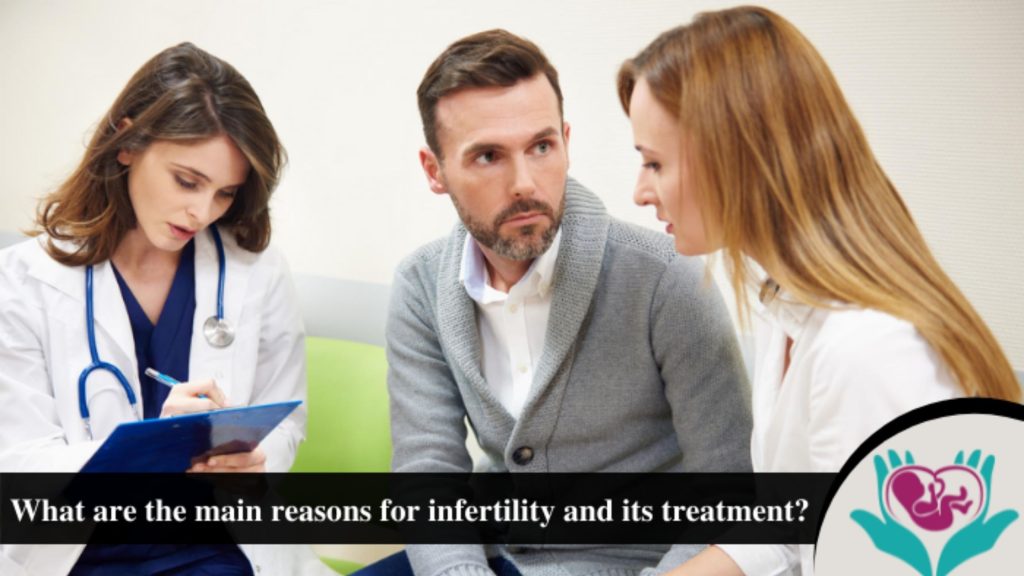At any point in their lives, most people would have a deep urge to start a family. Understanding what constitutes natural fertility is critical in determining whether an individual or couple can seek treatment.
The majority of couples (roughly 85 percent) will become pregnant after a year of attempting, with the best chances of reproduction happening in the first few months. In the second year, only 7% of couples will be able to conceive. As a consequence, infertility is now known as the failure to reproduce in less than a year. As a result, 15% of couples who are trying to conceive have this condition. If you haven’t been pregnant in the last 12 months, you should consider seeing the Best fertility & IVF specialists.
Reasons for infertility
1.Infrequent menstrual periods-When a woman has normal menstrual periods, which are characterized as cycles that last 21 to 35 days, it almost certainly means she ovulates regularly. Approximately 2 weeks before the start of the next cycle, the egg is ovulated. If a woman’s periods are longer than 35 days apart, it could mean that she isn’t ovulating an egg on time, if at all. The egg’s ovulation is needed for pregnancy.
2-Female age of 35 years or older- The number of eggs produced by women decreases rapidly as they get older for unknown reasons. Furthermore, egg production, or the chance of a genetically normal egg, declines with age. As a result, if a person has been trying to conceive for 6 months or more and the woman is 35 years old or older, a fertility evaluation should be done.
3- A diagnosis of sexually transmitted diseases or vaginal infections- Inflammation and lifelong scarring of the fallopian tubes may be caused by sexually transmitted diseases including chlamydia or gonorrhea. Open tubes are needed for natural conception because sperm must travel through them to enter and fertilize the ovulated egg. When a couple is trying to conceive and the woman has a history of pelvic infection, we suggest that they get evaluated right away. We will do an HSG as part of the fertility assessment to see whether the fallopian tubes are open.
4-Endometrial polyps or known uterine fibroids- Uterine defects, such as fibroids that indent the endometrial cavity and endometrial polyps, can disrupt the interaction between the endometrium (uterine lining) and the embryo, lowering implantation and pregnancy rates. In addition to irregular bleeding during menstrual periods, these anomalies may cause irregular bleeding. Women with a confirmed history of these anomalies or a history of bleeding between menstrual periods should be evaluated after 6 months of trying to conceive.
Treatment options
Intrauterine insemination (IUI) is a method of treating infertility in which semen is cleaned and primed for insertion into the uterine cavity, bypassing the cervix and carrying a greater concentration of motile sperm near to the tubes and ovulated egg.
IVF entails removing eggs from the ovary, fertilizing them in the laboratory with semen, and then transferring the embryos straight into the uterus, bypassing the channels. Although tubal disorder was the first sign of IVF, several more have emerged over time.
Medications for egg production and ovulation: There are two types of medications that help encourage the ovary to produce mature eggs for ovulation: tablets and injections. Clomiphene citrate is the most widely used pill for ovulation stimulation (generally one mature egg). This pill is usually taken on days 3–7 of the menstrual cycle.
If you are struggling with fertility-related issues, then Contact Dr. Ramya Mishra Shukla for the best Laparoscopy and IVF Treatments In Delhi NCR.



